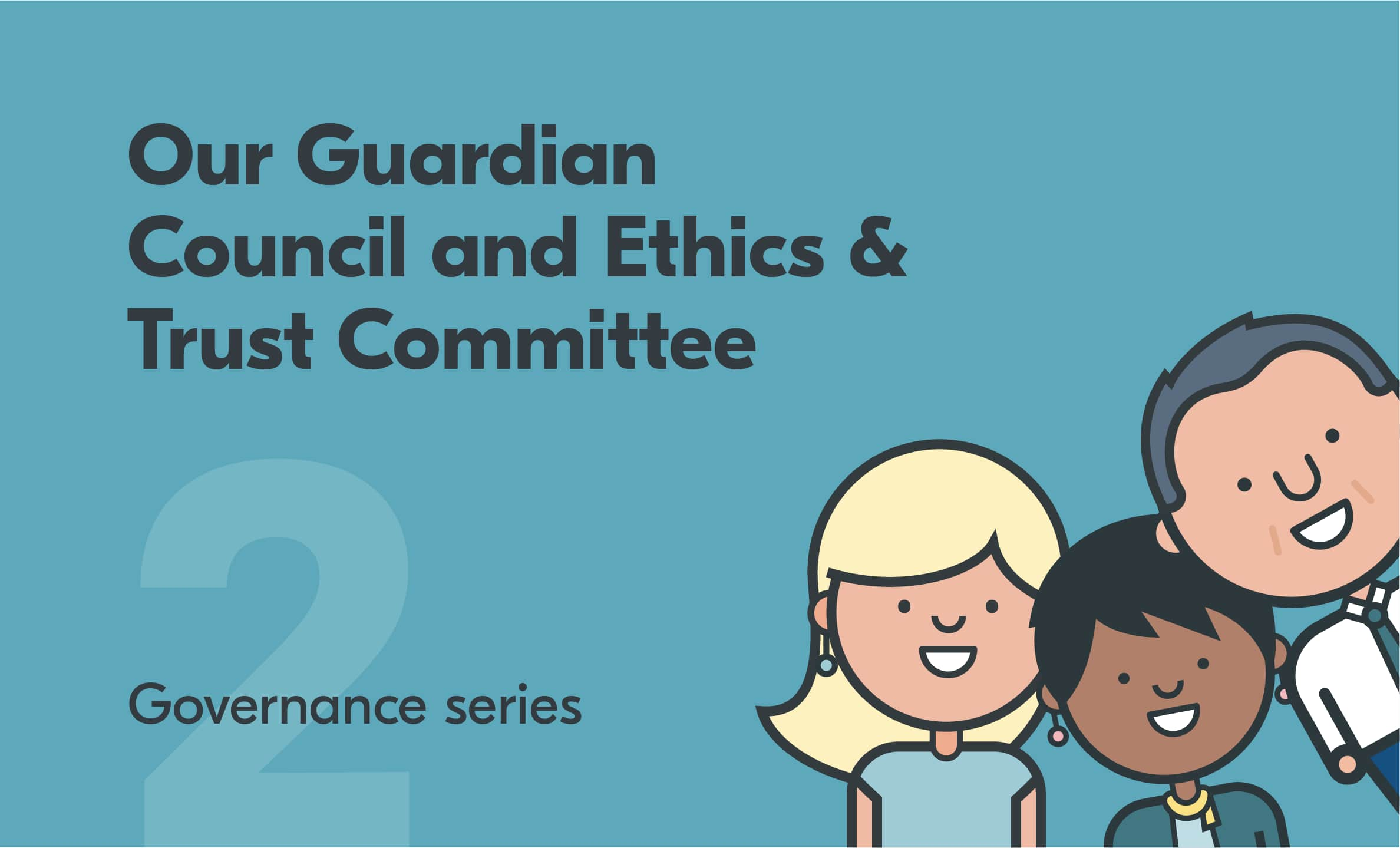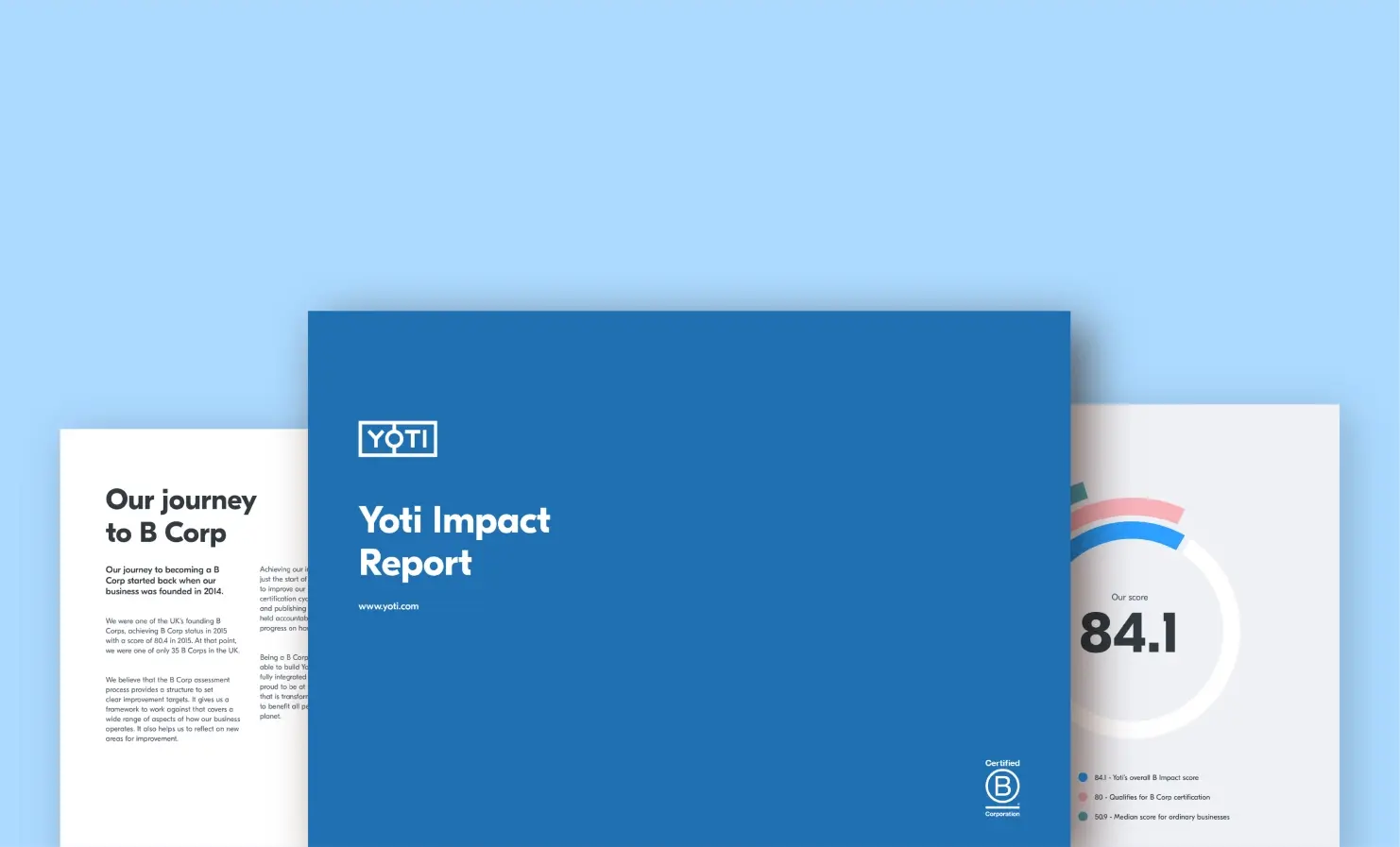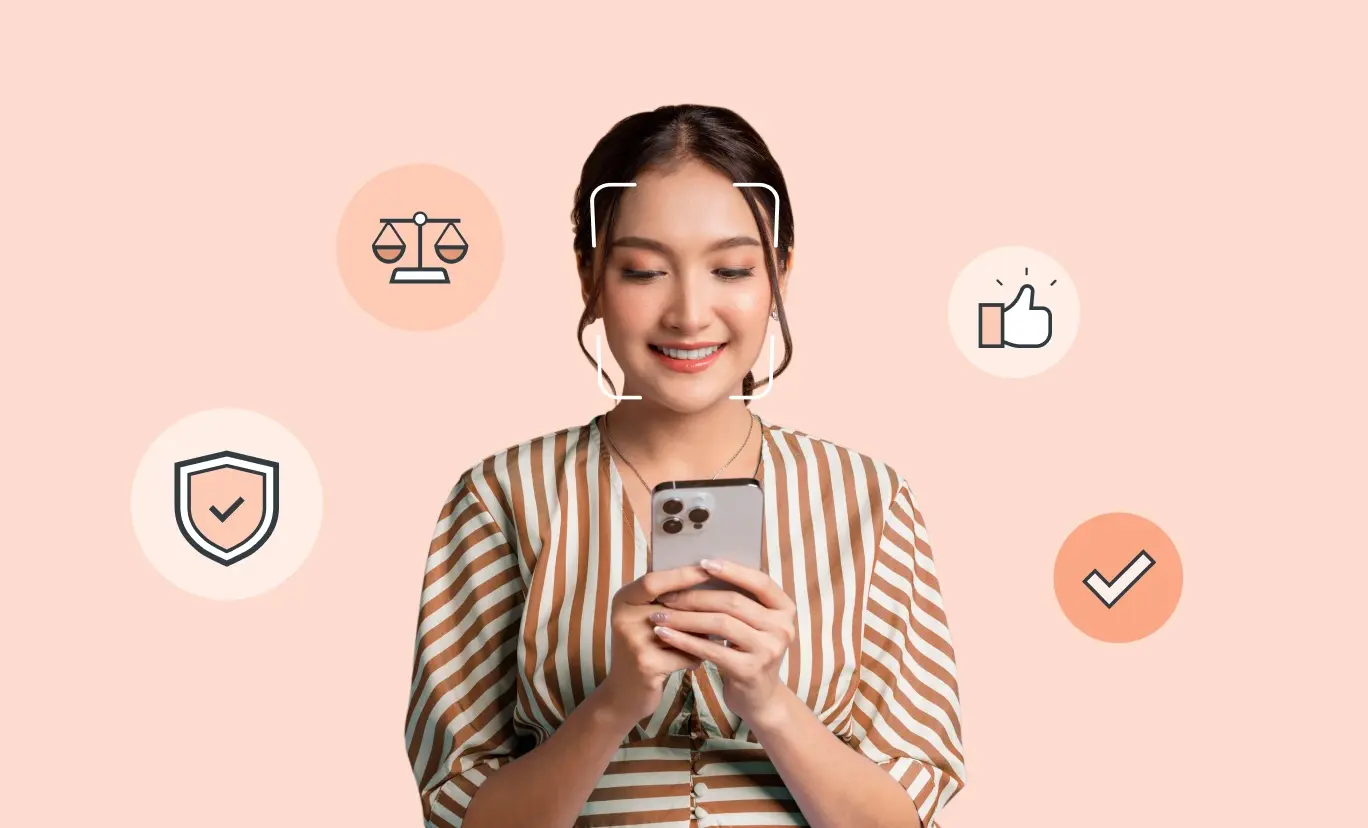
This is the second article in our three-part series looking at how our governance processes guide us in doing business the right way. This one focuses on our Guardian Council and our Ethics & Trust Committee.
Our Guardian Council
Our Guardian Council is formed of an independent board of advisors. Yoti Guardians bring expertise from careers in sectors such as human rights, data privacy and last mile tech. Their role is to advise and guide us as we navigate the complex world of identity, digital or otherwise. Guardians have no financial stake in the company but are instead wholeheartedly invested in protecting the people Yoti seeks to serve.
The Guardian Council holds quarterly meetings alongside additional targeted meetings when specific issues arise. Since its role is to hold the business to account, the Chair of the Guardian Council has an ex-officio position on the Yoti board, ensuring a direct link between the Guardians and Yoti’s governance.
What does the Guardian Council do?
Yoti Guardians ensure that our products, services and partnerships stay true to our core ethical principles. These include making sure that Yoti stays consistent with its mission to build trust and give the user control over their personal data. They act as a moral voice for the company, guiding us to stay true to our ambitions and serve our clients and user community transparently.
Our Ethics & Trust Committee
Working in parallel to the Guardian Council is the Ethics & Trust Committee, made up of staff members from across the company. Any Yoti employee can join the committee, which exists to oversee the development and implementation of ethical approaches at Yoti, and to make sure everyone within the company feels comfortable with – and committed to – our internal and external commitments.
Crucially, any person from inside the business can bring topics to the committee, including anonymously, if they feel there is a moral or ethical issue worth discussing.
What does the Ethics & Trust Committee do?
The Committee aims to bring a common sense viewpoint to a wide variety of ethical challenges faced by the company and to consider the reputational and societal impact of Yoti’s decisions.
This approach has led us to establish policies and practices on the safe and ethical development of Yoti’s technology. The Committee makes sure our research, development processes, and approaches to data collection and analytics are in line with our ethical principles, policies and practices, and public commitments. It also reviews how companies use our technology once it’s live and ensures that Yoti is ready for audit or review by regulators or third parties.
Other issues addressed include working to understand the development of ethical issues and topics which could later become enshrined in law; and to consider the applications, unintended consequences and possible misuses of Yoti-developed technology. This aids us in developing appropriate parameters, mitigation, restrictions or controls for our products.
Why do we have these frameworks?
At Yoti, one of our seven guiding ethical principles is ‘Be transparent and accountable’.
Due to the nature of our business, we work closely with the personal data of users and we know that we’re likely to come up against some difficult and often complex ethical questions and problems. Therefore, we’ve put in place a robust framework that holds us to account for everything we do.
We have this in place to help us to do better business. And in turn, this means we will always make the best decisions for our users since we’re held accountable not just by our staff members, but by independent experts from across the field.



